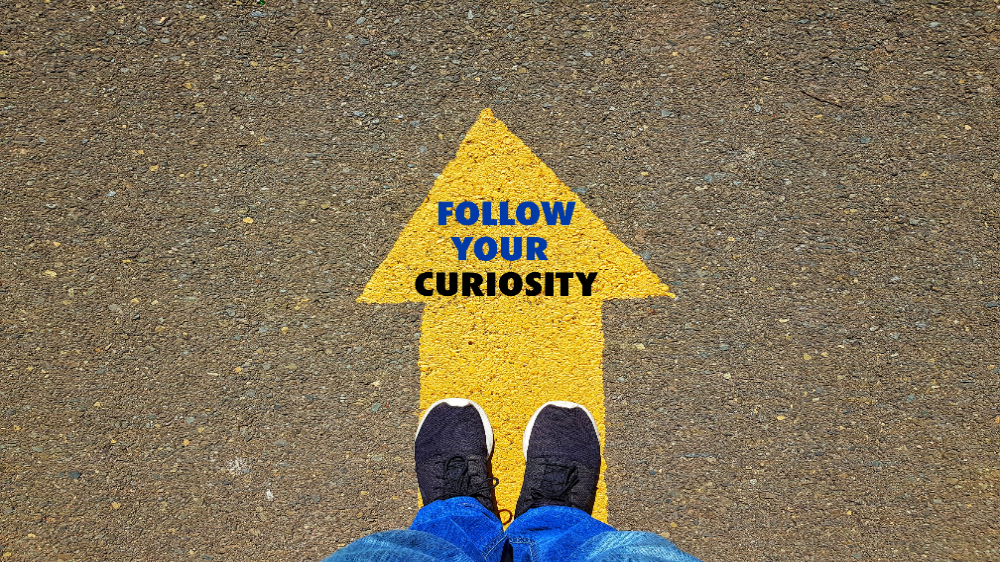Curiosity is defined as a strong desire to learn or know something. It can be part of an unexpected experience or a disciplined approach to learning. In both cases we’re stimulated to seek out new information. We could be driven by an urge to add to what we know, or by novelty. The outcomes are mostly good and include more certainty, and social, emotional and physical rewards.
Curiosity can lead to negative outcomes too – it reputedly ‘killed the cat’ – but for humans (and other animals) curiosity is usually positive, helping to fill gaps in our knowledge. This can sharpen our focus and point the way to productive actions.
There are emotional outcomes too, such as pleasure (or disappointment) from anticipating the outcome of a sporting event or friendly communication.
So why are we curious?
The science about curiosity is identifying ways it enriches our lives, and how it helps form and develop our beliefs.
Children are very curious from an early age. They quickly store the information from an encounter then move on. Studies reveal a preference for ‘middle range’ complexity with some uncertainty and some surprise in the outcomes. The accumulation of information from younger experiences and responses builds confidence in making better judgments.
We can see this in how we make trade-offs – deciding to take one course of action over another. It often shows up in time tradeoffs, such as ‘will I have breakfast and miss the bus or face the day hungrier than I like but on time’.
The sense of anticipation from making these kinds of decisions releases ‘reward’ hormones such as dopamine which make us feel better.
Is curiosity at risk from information overload?
There are concerns that the flood of information we experience in everyday life is causing us to miss out on developing the capabilities involved in making ‘good’ judgments. Expect this debate to continue in schools, and it’s an important issue in later life too.
Marketers can also use emotional techniques such as raising fear or offering certainty to overwhelm or divert our natural curiosity.
Curiosity and longevity
Studies of museum visitors have revealed interesting age differences in behaviours. Younger visitors take a broader sweep of what’s accessible, whereas older visitors show deeper focus on fewer things because they have more knowledge, itself a driver of curiosity. This suggests we can manage our future better by enlisting our curiosity to seek out what may be best for us.
It’s early days in understanding this journey. Making more use of curiosity to focus our attention skills and learning opportunities seems likely to sustain our wellbeing longer. Stay curious and engaged and reap the benefits! Longevity planning fits well with this approach and identifies many practical steps to take.
Curiosity also relates to Mindset, about which you can read more here.
